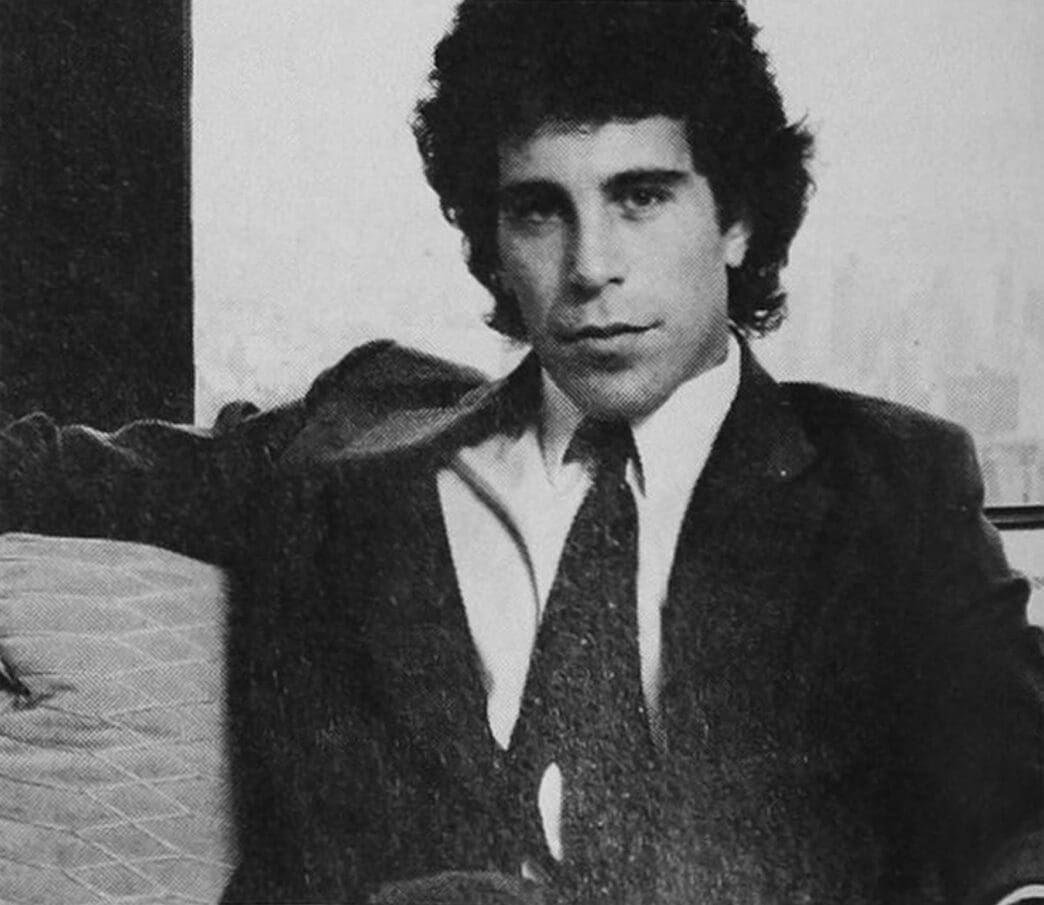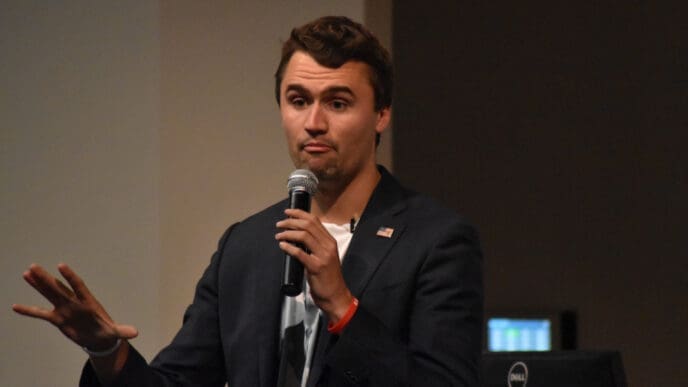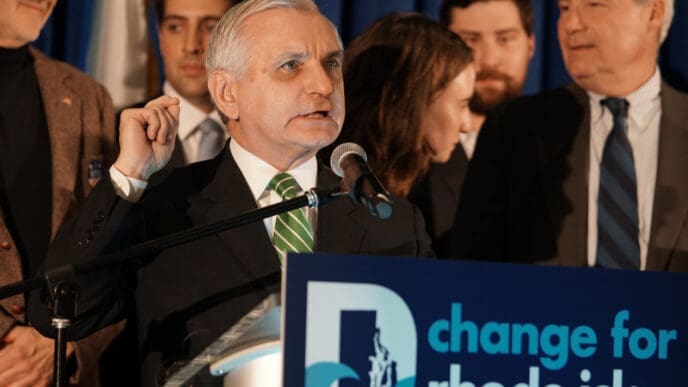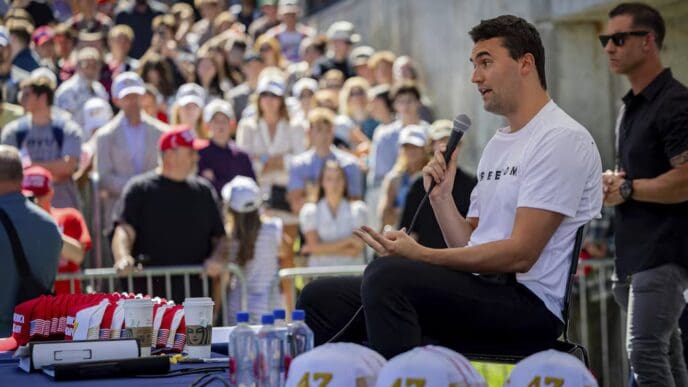Executive Summary
- A federal judge rejected the Justice Department’s request to unseal grand jury materials from the Jeffrey Epstein investigation, marking the third such judicial denial.
- Judge Berman cited long-standing legal precedent and significant concerns for victim safety and privacy as the primary reasons for keeping the records sealed.
- The ruling follows previous pressure on the Trump administration for transparency regarding the Epstein case, with the Justice Department retracting earlier promises for disclosures, sparking anger among various groups.
The Story So Far
- The federal judge’s rejection of unsealing grand jury transcripts in the Jeffrey Epstein case is set against a backdrop of significant public and political pressure on the Trump administration for greater transparency, following the Justice Department’s shifting stance from initial promises of disclosure to a later retraction. This decision aligns with previous judicial rulings that prioritize long-standing legal precedent for grand jury secrecy and concerns for victim safety and privacy.
Why This Matters
- The federal judge’s decision to reject the Justice Department’s request to unseal Jeffrey Epstein grand jury materials, citing legal precedent and victim safety, significantly limits public transparency regarding the case. This ruling comes despite considerable public and political pressure on the Trump administration for more disclosures, underscoring the persistent tension between judicial confidentiality and calls for greater governmental openness.
Who Thinks What?
- Judge Richard Berman rejected the Justice Department’s request to unseal grand jury materials, citing established legal precedent and concerns for victim safety and privacy.
- The Justice Department had requested to unseal the grand jury transcripts and exhibits from the Jeffrey Epstein investigation.
- Democrats, the public, and members of President Trump’s political base expressed anger over the lack of transparency and demanded more information regarding the Epstein files.
A federal judge has rejected the Justice Department’s request to unseal grand jury transcripts and exhibits from the investigation into financier Jeffrey Epstein, citing long-standing legal precedent and concerns for victim safety. Judge Richard Berman’s decision marks the third time a federal judge has declined to release such materials, coming amidst mounting pressure on the Trump administration for greater transparency regarding the Epstein case.
Judicial Ruling and Rationale
Judge Berman stated that the Justice Department failed to overcome the established precedent for keeping grand jury materials sealed. He noted that the information contained within the sealed materials is minimal compared to the extensive investigation files already in the DOJ’s possession.
The judge further emphasized that potential threats to victims’ safety and privacy served as a compelling reason to maintain the confidentiality of the records. The Justice Department declined to comment on Berman’s ruling.
Previous Efforts and Shifting Stances
The ruling follows a period where the Trump administration faced significant public and political pressure to release more information related to the Epstein files, particularly after senior officials had promised to do so.
In February, Attorney General Pam Bondi distributed binders to right-wing social media influencers at the White House. However, many of these influencers reported that the binders did not contain any new revelations regarding the Epstein case.
By May, the Justice Department began to retract its promises for further disclosures and downplayed the situation. It was also in May that Bondi reportedly informed President Trump that his name appeared within the files.
On July 7, the DOJ issued an unsigned memo stating that no additional documents concerning the Epstein files would be released. This lack of transparency in the memo sparked anger among Democrats, the public, and even members of Trump’s political base.
The latest judicial decision reinforces the legal barriers to unsealing grand jury documents in the Epstein investigation, despite persistent public demands for more information. The case continues to highlight the tension between judicial precedent, victim privacy, and calls for greater governmental transparency.














